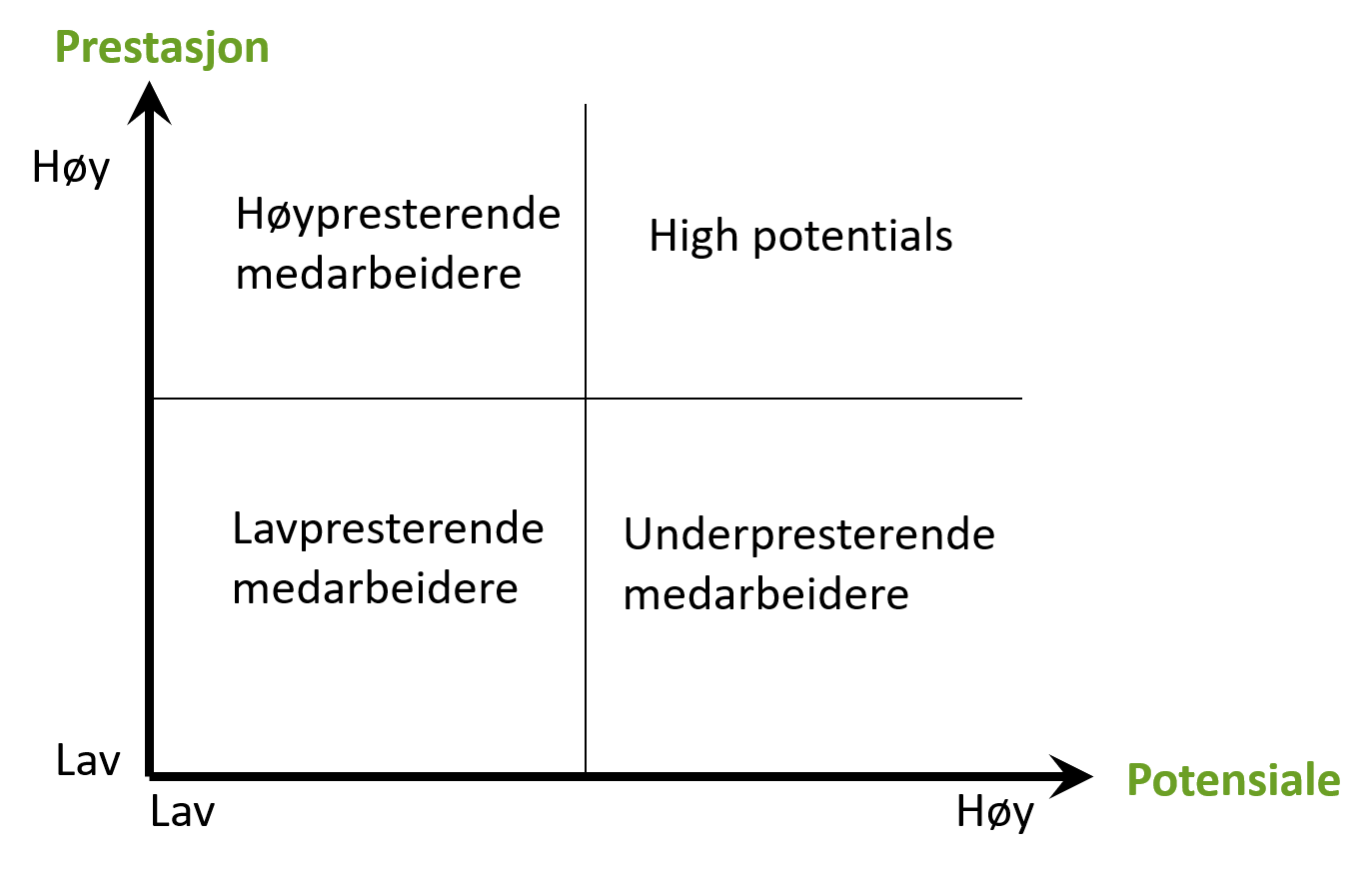Is everyone suited to lead? Are there alternative career paths for HIPOs in your organisation?
"Not everyone is meant to be a people leader. But most organizations classify career advancement as transitioning into a series of people leadership roles. What does that mean for an organization’s high performers whose strengths and preferences are not aligned with the abilities to manage themselves and others effectively?"
Robert Hogan
What do you do to retain employees who perform well, but who are not necessarily well suited to managing people, even with training. These employees often do not have management ambitions themselves either. Perhaps they have other needs and wishes for their work and career. However, they are often very important contributors to your organization. How can you continue to motivate them and develop them? How to continue to let them feel valuable to the organization at the same time that these employees' knowledge and experiences are taken care of in the organization?


